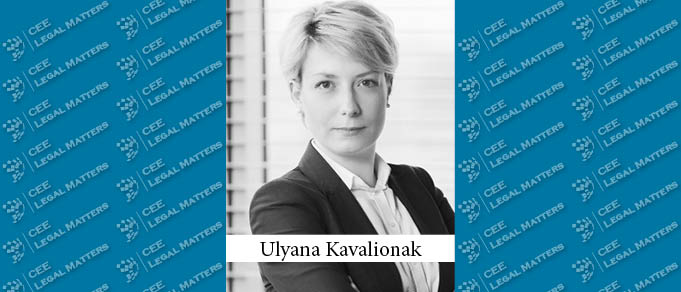“Politics are always challenging, in both Belarus and around the world, especially given the current state of affairs,” says Ulyana Kavalionak, Partner at BNT Attorneys in Minsk. According to Kavalionak, “even though the situation was more or less the same as everywhere else, the response of the Belarusian Government was not. We never had quarantine, and people were free to choose for themselves how they were going to tackle the pandemic.”
Of course, that doesn’t mean life continued as normal. According to Kavalionak, “many companies have transferred to home working, and the way we live has generally changed. Even without the country-wide lockdown, a lot of businesses were affected by the crisis. At the end of the day, most businesses had to cope with the problem on their own, given a late and insufficient response from the state.”
Kavalionak says that the ongoing presidential campaign is a hot topic in the country. “One of the most prolific competitors to the current president as well as several campaign aides are currently detained,” she reports. “Officially it was for reasons like corruption or money laundering or violation of the public peace. Some citizens took to the streets and those peaceful protesters were forcefully removed. Given all of that, it’s easy to see how heated the situation is.”
She describes the situation as bad for business, because “it’s important not to worsen the relations with the EU, as most of our clients come from there. Last year was great in that regard. We noticed a greater interest of business to come because of some liberalizations and also the fact that the EU and Minsk came closer together. This wasn’t only large corporations, but small and medium, too.” She sighs. “I really hope this turbulence ends soon, Belarus will have fair elections, and it doesn’t end up killing the whole thing.”
On the legislative front, Kavalionak says, there has for many years been talk about modernizing Belarus’s Labor Code, which she says is sometimes regarded as too rigid and difficult to live by, especially by foreign investors. “At the end of January this year the amendments to the Labor Code took effect, [and]among other things there was a new section dealing with remote work,” she says. “This happened just in time for the COVID-19 crisis and we had an opportunity to implement the new provisions in practice. This modernization is very welcome, but interesting questions still need to be answered in practice.”
In the meantime, Kavalionak reports, Belarus’s legal market is still going strong, as EU companies are continuing to invest in the country. “No two companies go through crises in completely the same ways, so advising them is always a challenge,” she says. “The no-quarantine situation helped us remain busy, with M&A projects leading the way. Even after the situation hit its peak, law firms were active on webinars, giving free materials to support new and existing clients.”
“If we sat down to have this interview some six months ago, I would have said that more liberalization and legislation practice coming from the EU would put Belarus on its map, with more development and investment,” Kavalionak concludes. “Today, this question becomes much harder, because we have to look at how this political crisis will end up. We hope that the economy will fix itself and that autumn and winter aren’t as difficult as predicted. I hope we can take all the new opportunities that have come with the crisis, and use them to make our lives better.”
